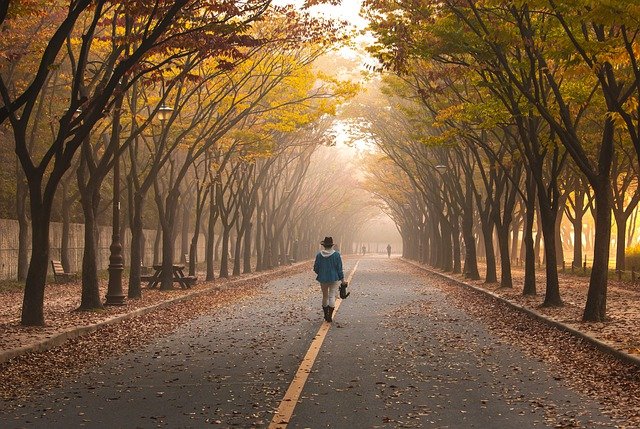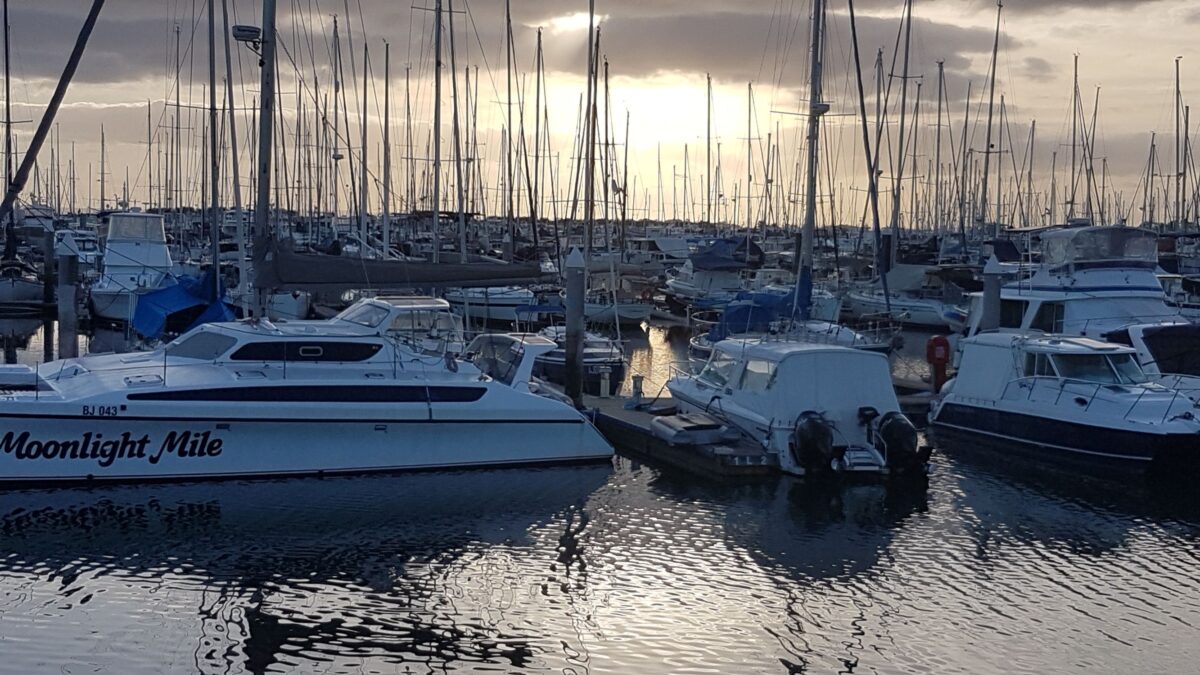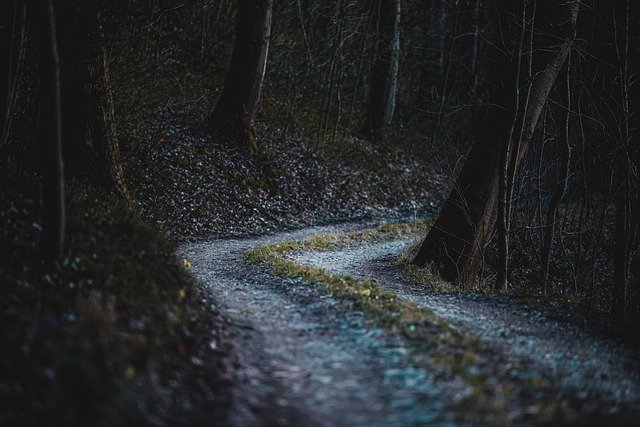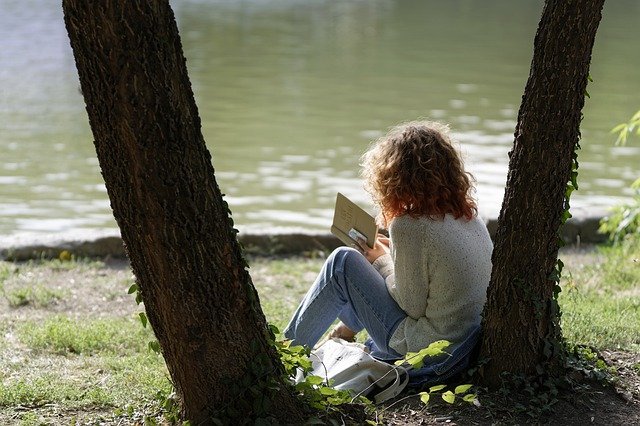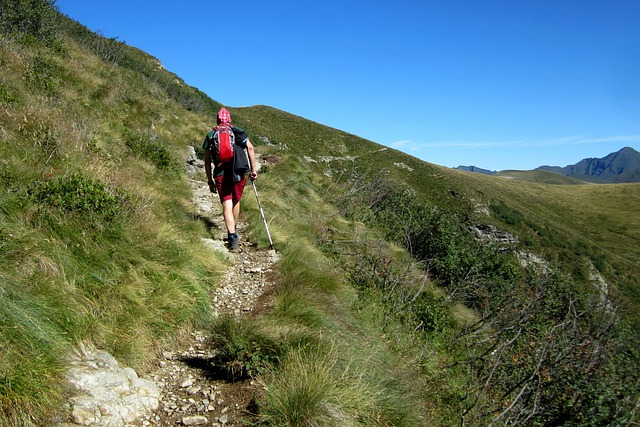In his book, Trauma Informed-Mindfulness With Teens, Sam Himelstein stresses the need for self-care for mental health professionals dealing with traumatised teens. His final chapter is devoted to self-care and professional practice. Dr. Cirecie West-Olatunji, counsellor educator, also stresses the need for self-care for professionals working with people experiencing traumatic stress. Her video presentation is available as part of the courses provided by the Mental Health Academy. Both experts in the area of counselling for trauma highlight the impact of vicarious trauma, especially the risk of mental health professionals experiencing compassion fatigue.
Mindfulness for self-care
Sam himself experienced trauma in his early 20s when he lost his sister through suicide. He makes the point that most health professionals will have experienced trauma of some kind and that this experience leaves them open to triggering their own traumatic response through exposure to the trauma stories of other people. Cirecie highlights the fact that the trauma stimulus can be exacerbated where the professional has previously experienced combined or cumulative trauma.
Sam emphasises the role of mindfulness in helping the professional to deal with their own re-traumatisation as a result of interaction with others and their emotionally draining stories. He stresses the role of a personal mindfulness practice in helping him deal with the trauma of his sister’s suicide.
Sam suggests that a personal approach to mindfulness as a protective mechanism could involve the following:
- Silent retreat(s): Sam found these exceedingly helpful because they enable you to fully experience your emotions, gain a deep insight into your inner landscape and develop strategies to maintain or regain your equilibrium.
- Formal practice: this entails inculcating a regular mindfulness practice (either sitting, standing, or walking) where you engage in some form of formal meditation. This helps to build your concentration to enable deep listening, empathetic response, and the ability to promote wise action. It also assists you to deal with your own difficult emotions (such as anger, resentment, or frustration), challenge self-defeating narratives and develop resilience in the face of challenging interactions.
- Beyond meditation: Sam suggests that bringing mindfulness into your everyday life (in daily activities such as walking, washing clothes, eating, shopping), is effectively “mindfulness-in-action”. It is particularly relevant to your relationships and interactions with others, especially in times of conflict. One way to develop the necessary calmness and equanimity in the face of emotional challenges is to practice reflection-on-action to eventually cultivate the capacity to reflect-in-action, in the course of something adverse happening to you (whether that adversity is real or imagined). Sam stresses the importance of daily mindfulness practices in controlling the “ego” which can get out of hand when it perceives a threat (physical, emotional, or intellectual).
Professional development
Both Sam and Cirecie stress the importance of professional development to build competence and confidence to enable you to operate effectively within your chosen arena of professional practice. For Sam this is the arena of traumatised youth, especially those who have been incarcerated. He offers specialised training for health professionals through his Center for Adolescent Studies. Cirecie’s professional arena includes trauma stress service delivery and training professionals who provide counselling in different countries following disasters such as earthquakes and pandemics. She conducts research and training through her Xula Center for Traumatic Stress Research.
Cirecie stresses the need to gain control over your workload and, where necessary, seek to negotiate a lighter load (for your psychological welfare and that of your clients). She maintains that every mental health professional, irrespective of their level of experience and training, has their window of tolerance beyond which they are unable to function effectively. She gave an example of how a racist client triggered her and how her experience in working in South Africa with a community where people were consistently dying from AIDS took her outside her window of tolerance and led to a severe illness. In both cases, she sought professional counselling and recommends this form of professional development for other mental health professionals.
Cirecie highlights the importance of self-knowledge and self-awareness as critical factors in professional counselling, particularly understanding your own negative triggers. She encourages too the development of your own professional support network that you can draw on for knowledge, experience, resources, and emotional support.
In Cirecie’s view, personal and professional development extends to conscious awareness of the physical and psychological health risks inherent in the role of a mental health professional. She urges appropriate preparation for the role through education which will provide motivation for health self-care (e.g., exercise, stretching (to release physical tension), diet, and drinking water).
Reflection
There are many reasons why mental health professionals do not undertake adequate self-care. When working with clients who have suffered trauma or are currently experiencing trauma, it is critical that the health professional takes time for self-care to enable them to function at their best for the sake of their clients, as well as for their own welfare. Mindfulness practice is recognised as a key component of this necessary self-care. As mental health professionals grow in mindfulness, they are better able to identify personal triggers, develop resilience for their challenging work and build the capacity to engage in deep listening. However, mindfulness practice needs to be supported by an appropriate lifestyle.
______________________________________
Image by Vanessa Kenah from Pixabay
By Ron Passfield – Copyright (Creative Commons license, Attribution–Non Commercial–No Derivatives)
Disclosure: If you purchase a product through this site, I may earn a commission which will help to pay for the site, the associated Meetup group and the resources to support the blog.




